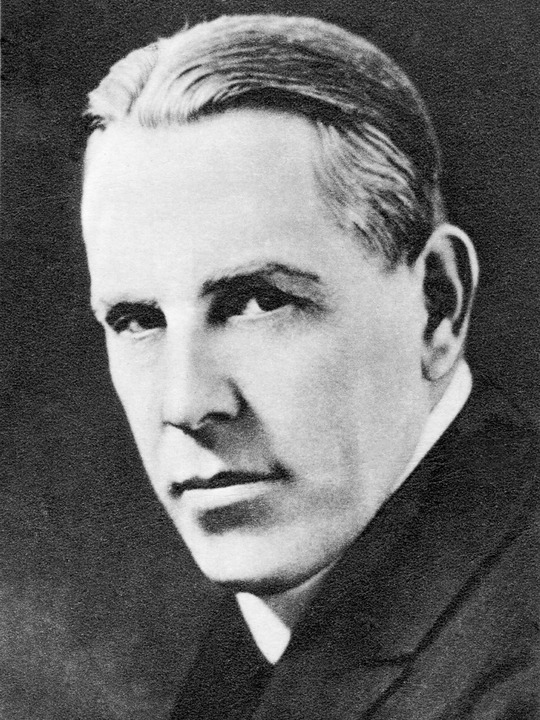Based on a true story by William Shakespeare… or something like that, this is a suitably huge take on the life of Julius Caesar featuring something like 20,000 extras and a significant number of horses. Directed by Enrico Guazzoni it represents one of the pre-war highlights of the silent Italian epic along with the same director’s Quo Vadis from 1912.
It doesn’t quite have the ground-breaking bravura of the
previous year’s Cabiria but it is
impressive none-the-less with densely-packed tableaux, crowded set piece
battles and extensive location shooting. As grand gestures go it’s pretty darned
grand as befits the man who put the imperial
into Rome. The Caesar on display is a man who believes in the nobility of his
countrymen and who proves his worth through a breath-taking sequence of
military victories having been forced to leave corrupt Roman society.
%2Bhorse.jpg) |
| Amleto Novelli |
%2Bswing.jpg) |
| Amleto Novelli and Irene Mattalia |
%2BServilia%2Bcandle%2Blight.jpg) |
| Lovely lighting in this scene don't you think? |
He has to leave Rome and goes off to serve in Asia leaving
Servilla to marry Marcus Brutus in misery especially as she is carrying her
lover’s child. She tells Marcus who swears to turn the boy against his father…
In reality Brutus was not Caesar’s son (his father was Marcus Junius Brutus the
Elder) although his mother was indeed Servilla who did later become Caesar’s
mistress.
%2BBrutus%2Bbrainwasged.jpg) |
| Brutus is turned against his father |
Caesar is not without friends in his places and he earns
a position that see him elected as Consul for southern Gaul in charge not just
of the lands but also the army that occupies it. Caesar begins to show stunning
vision and leadership and moves his men northwards to expand the Roman
territory still further. He ended up being the first Roman to conquer Gaul and
also the Germanic lands beyond the Rhine and a hostile, damp island floating in
the North Sea.
%2B2.jpg) |
| Under siege |
%2Bsurrender.jpg) |
| Vercingetorix surrenders to Caesar |
Brutus leads the senate delegation to Caesar’s camp with
demands to disband his legion and to accept the loss of his consulship… The
soldiers try to kill Brutus but Caesar stops them but Brutus does not express
gratitude calling him an enemy of the Republic… which is factually exact.
| Crossing the Rubicon |
Enjoying a triumphant return to Rome, Caesar takes the
treasures of Saturn’s Temple to feed his troops – Saus populi suprema lex!
(The good of the people is the highest law!)…
His former ally and one-time son-in-law, Pompey (Ignazio Lupi)
has gone over to the Republican cause and as Consul provides the opposition but
he flees Rome for Greece (Albanian in this film…) berated by Cato and Brutus for
being too hesitant…
But Caesar defeats Pompey’s army – his army was smaller but used to victory, battle-hardened and confident in themselves and their charismatic, tactically brilliant leader. Brutus is captured and fears for his life but Caesar tells him he wants him alive for the good of the fatherland and he wants him to rule the lands he captured in Gaul.
Pompey sails off to Egypt, where he is killed at the
order of King Ptolemy (Cleopatra’s brother) but Caesar is not pleased… every
Roman life is sacred especially that of a former friend.
.jpg) |
| The Senate |
%2B3.jpg) %2B4.jpg) |
| The big parade... |
As for Julius, as the film makes clear, he lives on as
immortal history whilst those who conspired against him are forgotten… All that
is, save for the man who he may well have viewed almost like a son in his final
moments with Roman historian Suetonius claiming he said something like You
too, child? as opposed to et tu Brute? as Mr Shakespeare suggests. Others
report, however, that he said nothing at all…
Gaius Julius Caesar is one of the last of the Italian silent spectaculars and it remains enjoyably paced – it has to be to cram all of the above narrative into just over two hours! Yes the camera movement is minimal and stately but what it shows are a succession of often striking compositions, notably when Caesar stands silhouetted in blue against a deep red setting sun: the majesty of the lost art of tinting.
.jpg) |
| The golden age of tinting... |
%2Bpreparing%2Bto%2Bbattle%2BPompey%2B3.jpg)
%2B2.jpg)
%2B%2Btent%2B2.jpg)




%2Bhello.jpg)
%2B%2BBillie%2BDurey.jpg)
%2Bclose%2Bup%2B5.jpg)
%2B29-0.jpg)

%20Despair.png)








